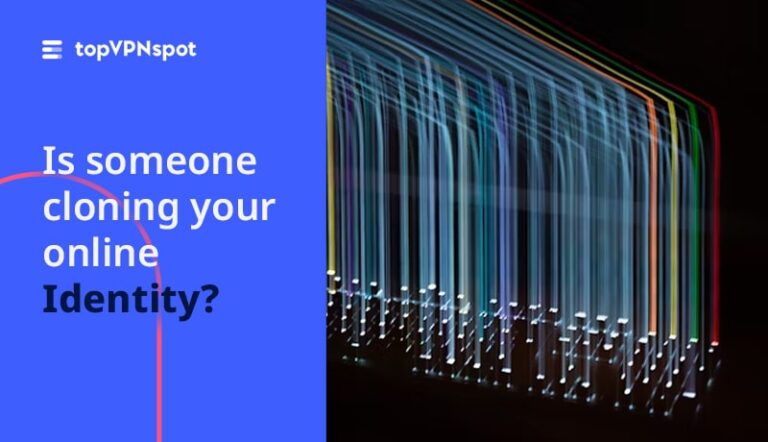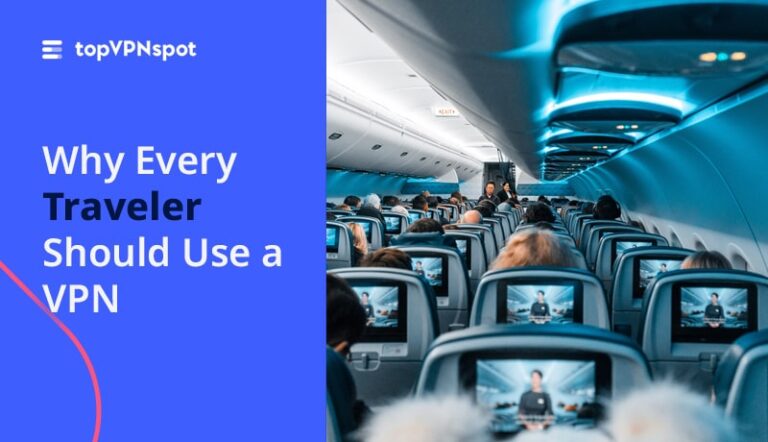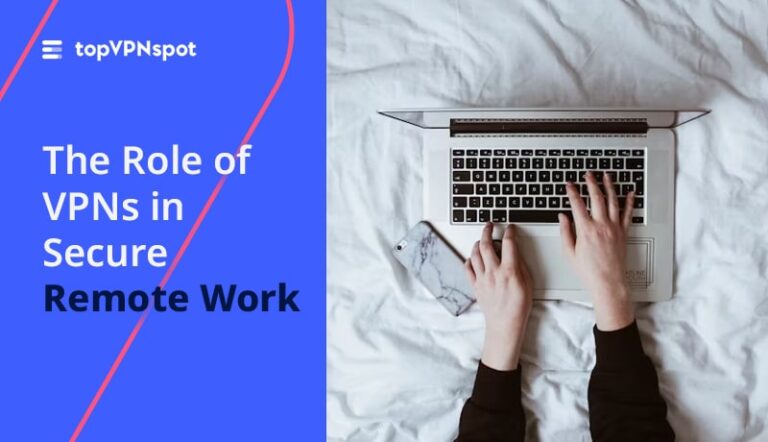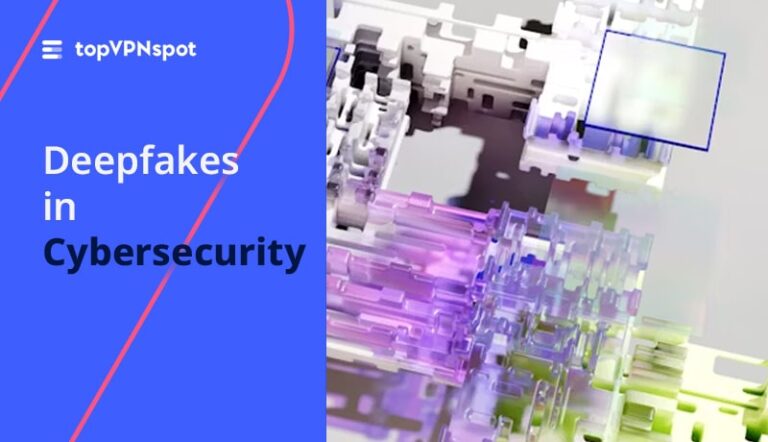Ever wondered what it would be like to live in a world where accessing the internet is akin to navigating a minefield? For many, this isn’t a hypothetical question but a daily reality. In countries where state authorities exert tight control over internet access and freedom of speech, Virtual Private Networks (VPNs) have emerged as digital lifelines, breaking down barriers and fostering global connectivity. But how exactly do VPNs accomplish this, and why are they such game-changers? Let’s delve into the intriguing world of VPNs and their profound impact on global internet access.
The Digital Iron Curtain: Understanding Internet Censorship
Imagine trying to access your favorite social media platform only to find it blocked. Or, searching for information on a political event, only to hit a wall of censorship. This is the everyday experience for millions in countries like China, Iran, and North Korea, where internet use is heavily regulated. Governments in these regions deploy sophisticated tools to monitor, filter, and restrict online content, effectively creating a digital iron curtain.
In China, for example, the “Great Firewall” blocks popular websites like Facebook, Google, and Twitter. Iran restricts access to many Western news sites and social media platforms, while North Korea’s internet is limited to a tightly controlled intranet, accessible only to a select few. The aim? To control the narrative and limit the flow of information.
VPNs to the Rescue: Breaking Through Barriers
Enter VPNs. These powerful tools encrypt internet traffic and route it through servers in different locations around the world, effectively masking the user’s true location and allowing them to bypass censorship. By doing so, VPNs provide access to a free and open internet, regardless of geographic location.
Consider the case of China. Despite the stringent controls of the Great Firewall, savvy internet users employ VPNs to access blocked websites and communicate freely with the outside world. During the Hong Kong protests, for instance, VPN usage surged as demonstrators sought to organize and share information without government interference.
In Iran, VPNs are a vital resource for activists and everyday citizens alike. During the 2019 fuel price protests, the government implemented a near-total internet blackout. VPNs became crucial for maintaining communication with the outside world and spreading awareness of the situation on the ground.
The Ripple Effect: VPNs and Global Connectivity
The impact of VPNs extends beyond bypassing censorship. They are also crucial for maintaining privacy and security in regions where surveillance is rampant. In authoritarian regimes, expressing dissenting opinions online can lead to severe repercussions, including imprisonment or worse. VPNs provide a layer of protection, allowing individuals to speak freely without fear of reprisal.
Moreover, VPNs foster a sense of global community. By enabling access to international content, they bridge cultural divides and promote a broader understanding of different perspectives. This is especially important in educational contexts, where access to diverse information can significantly enhance learning and personal growth.
Challenges and Considerations
While VPNs offer significant benefits, they are not without challenges. Governments are becoming increasingly adept at detecting and blocking VPN traffic. China, for instance, has developed advanced techniques to identify and disrupt VPN connections. In response, VPN providers continuously innovate, finding new ways to circumvent these barriers.
Additionally, not all VPNs are created equal. Free VPN services often come with risks, such as data logging and inadequate security measures. It’s crucial for users to choose reputable VPN providers that prioritize privacy and employ robust encryption protocols.
Looking Ahead: The Future of VPNs
As the battle for internet freedom continues, VPNs will undoubtedly play a pivotal role. Advancements in technology, such as decentralized VPNs and improved encryption methods, promise to enhance their effectiveness and resilience. Furthermore, increasing global awareness about digital rights and privacy will likely drive greater adoption and support for these tools.
In conclusion, VPNs are more than just tools for watching geo-blocked content—they are essential instruments for freedom and connectivity in an increasingly restricted digital landscape. By breaking down digital barriers and empowering individuals, VPNs are shaping a future where the internet remains a space for free expression and global exchange. So, the next time you log in to your VPN to access a favorite show or secure your online activities, remember the broader impact of this powerful technology and its role in championing internet freedom worldwide.
Struggling to select the ideal VPN? Consult our thorough, user-friendly comparison of leading VPN services to determine the perfect fit for your online security needs.
Why trust us
Behind every review is our team’s real-life, multi-device, cross-location VPN showdown. We’re all about the facts, not the hype. We’ve spent hours testing VPNs on every device we’ve got – to bring you advice that’s as genuine as it gets.
212
Hours of rigorous testing of each top VPN service
100%
Strict policy of unbiased testing & assessment
No Ads here
To help us keep it ad-free you can follow us on X
Reader Favorites
Privacy
April 2024
•
5 min read
Uncover the hidden dangers of online identity cloning and learn how to protect your digital self from cybercriminals
Danyal Sadique
VPNs
April 2024
•
5 min read
Discover why a VPN is essential for travelers and how it enhances security and accessibility abroad
Umar Zaman A.
Security
April 2024
•
5 min read
Prepare for the future of cybersecurity by understanding and defending against next-gen AI-driven threats
Raffeain K.
VPNs
May 2024
•
5 min read
Ensure secure remote work by using VPNs to protect sensitive data and communications. Learn key best practices for optimal safety
M. Zayan
Security
June 2024
•
5 min read
Unveil the risks posed by deepfakes in cybersecurity and discover ways to protect against this emerging threat
Danyal Sadique
Privacy
April 2024
•
5 min read
Explore how your data is driving AI development and what you can do to maintain control over your personal information
Umar Zaman A.
We are an alliance of passionate cybersecurity experts, united by a shared mission to disseminate our in-depth knowledge of digital security measures. Our commitment is to empower internet users by providing them with the essential tools and insights needed to navigate the online world safely. Through topVPNspot.com, we offer a platform where our collective experience in cybersecurity converges to guide users in protecting their digital presence effectively.





